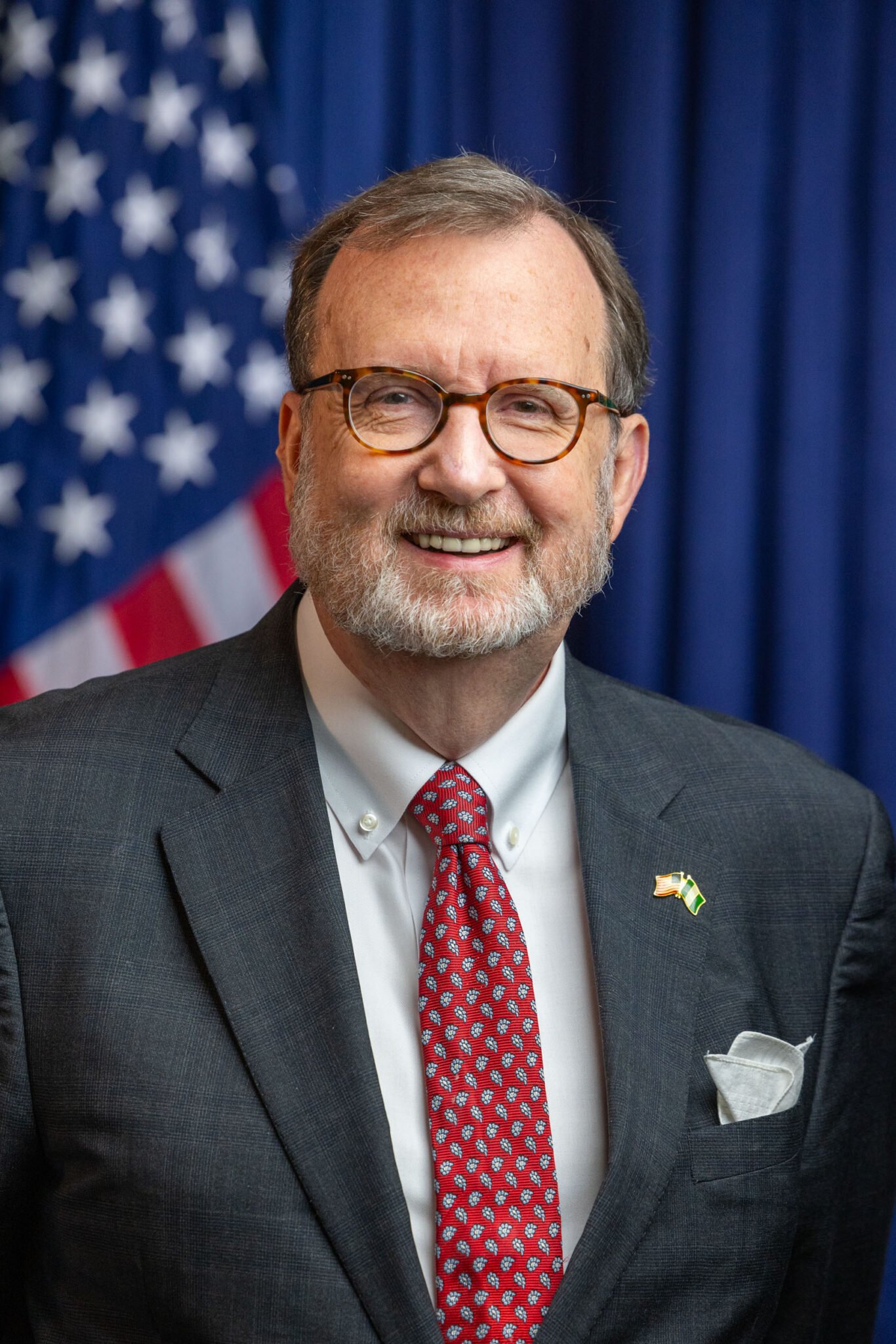The Nigerian Insurance Industry Reform Act (NIIRA) 2025, signed into law by President Bola Ahmed Tinubu, is one of the most far-reaching insurance reforms in Nigeria’s history.
Designed to modernize the sector and strengthen consumer protection, the Act reshapes how individuals and businesses insure their homes, cars, and workplaces.
Insurance has now moved from being a voluntary safeguard to a mandatory foundation for economic activity and personal security.
Also Read:
- Tinubu signs Insurance Reform, Act to Supercharge $1 Trillion Economy Vision
- Business File: Sovereign Trust Insurance Plc Bags 'Insurance Company of the Decade' Award
- Potentials: Insurance Cover for Intellectual Property Misappropriation in Nigeria
- Nigeria Police Force to Enforce Mandatory Third Party Insurance from February 1st, 2025
It is not just about compliance, it is about embedding insurance into the very fabric of daily life, how Nigerians live, work, and move.
Protecting Your Home
The Act introduces strict provisions that make insurance a prerequisite for property development, ownership, and management. Under Sections 75(1)–(3), (7), developers and contractors must now obtain compulsory builders’ liability insurance before starting any construction. This policy covers death, injury, or property damage to third parties arising from building activities, including collapses. Building control authorities are empowered to deny permits where proof of insurance is absent, signaling a new “no insurance, no building permit” reality.
Public buildings, such as offices, malls, hostels, and shops, must also be insured against risks like fire, earthquake, storm, flood, and collapse under Sections 76(1)–(4). This provision brings millions of commercial and multi-tenant properties into the insurance net, ensuring compensation for victims of building disasters. Landlords and facility managers who ignore this requirement risk heavy penalties, including fines of at least ₦2 million or three years in prison. NAICOM now has enforcement powers to seal non-compliant properties, giving the law real bite.
For landlords and developers, another crucial clause. Sections 79(1)–(3), require that insurance payouts for fire damage must be used strictly for rebuilding. Insurers can structure claims to ensure that affected properties are reinstated, preventing funds from being diverted to unrelated uses. This measure secures property values, protects lender interests, and sustains business continuity.
The government itself must also comply. Sections 77(1)–(3) mandate that all ministries, departments, and agencies insure their assets, creating steady demand for property and liability coverage while safeguarding public infrastructure. This move signals to the private sector that the government will practice what it preaches.
In addition, NAICOM may now authorize insurers to invest directly in real estate development projects. This opens a new pool of institutional capital for developers and REITs, potentially deepening liquidity and boosting investor confidence in Nigeria’s property sector. Where conflicts arise with the National Housing Fund Act or other housing-related laws, Sections 230(1)–(2) establish that the Insurance Act prevails, eliminating legal ambiguities that have long plagued developers and lenders.
Owners of petroleum and gas facilities also face new obligations. Under Sections 78(1)–(2), compulsory insurance is now required for petrol stations, gas plants, and related high-risk facilities. By making this coverage mandatory, the law mitigates risk exposure for landlords, operators, and neighboring property owners.
In short, the NIIRA 2025 weaves insurance into the DNA of Nigeria’s property market. Developers, landlords, and even government agencies must now factor insurance into every stage of the asset lifecycle—from planning to occupancy.
Stronger Motor Insurance for Nigerians
For motorists, the Act strengthens protection for both drivers and passengers. Under Section 84(4)–(5), operators of commercial vehicles must insure every fare-paying passenger against death or bodily injury. Compensation for death or permanent disability has been set at ₦2 million, with room for NAICOM to increase this amount through regulation. This marks a significant step in passenger rights and road safety enforcement.
The law also modernizes insurance documentation. Section 96(1)(b) allows drivers to present their motor insurance certificates in either print or electronic form during routine checks or accidents. This provision enhances convenience, reduces dependence on paper documents, and curbs the circulation of fake insurance papers.
If a driver cannot produce proof of insurance on the spot, Section 96(3) requires them to report the incident and submit the certificate at the nearest police station within 24 hours. Failure to comply attracts fines of up to ₦50,000. This ensures transparency while accommodating the practical realities of digital adoption.
By making digital insurance legally valid, the Act not only protects motorists but also supports the government’s broader push toward a cashless and paperless economy.
Workplace
For employers, the NIIRA 2025 introduces comprehensive obligations to protect workers. Under Section 68, every employer must maintain a Group Life Assurance policy for each employee, with coverage worth at least three times the employee’s annual total emolument. The premium must be paid at the commencement of the policy, and the names and addresses of beneficiaries must be verifiable with proper identification. Employers who fail to comply face a fine of ₦250,000 for each uninsured employee.
The Act also covers special cases such as missing employees. Section 69 provides that if a worker has been missing for one year and a board of inquiry determines it reasonable to presume the person is dead, the Group Life Assurance policy provisions apply, and benefits must be paid to the named beneficiaries.
Healthcare providers, including hospitals, clinics, and mortuary services, are required under Section 80 to maintain professional indemnity insurance. Their Certificate of Insurance must be displayed publicly, and non-compliance will attract penalties set by NAICOM in consultation with the National Health Insurance Authority. This provision strengthens accountability in Nigeria’s health sector, protecting patients and families from negligence or malpractice.
On governance, Sections 12 and 13 bar persons convicted of fraud, dishonesty, or professional misconduct from serving as directors or principal officers of insurance companies. Insurers must also obtain prior approval from NAICOM before appointing or changing principal officers. This raises governance standards and enhances trust in the industry.
Why This Matters
The NIIRA 2025 transforms insurance from an optional safeguard into a legal requirement across critical aspects of daily life. For property owners, it means no development can proceed without coverage. For motorists, it ensures passengers and drivers are adequately protected with enforceable compensation rights. For employers, it guarantees that employees and their families are financially secure in the event of death or disappearance.
By embedding insurance into homes, cars, and workplaces, the Act aims to create a more predictable risk environment, safeguard assets, and attract investment.

























